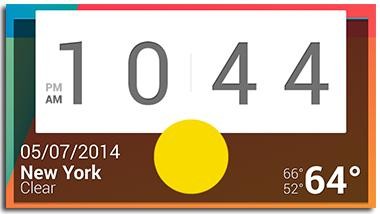- Keep your PC cool. When a computer gets too hot, the CPU fan will speed up. If the CPU is still too hot, the CPU will enter something called "thermal throttling" which slows down processing speed in order to prevent the CPU from breaking down. Turning off or hibernating your PC when not using it, increasing airflow, and keeping the room which your PC is located in cool will help keep your computer cool -- and fast.
- Consider re-installing Windows. It may be easier to format the hard drive and re-install Windows on the computer. Be sure to back up important data first and have all program installation disks ready for re-installation. Be aware that the format process will delete all files on the disk. This means that you will need to reinstall all software and restore all documents from a backup.
- Keep malware in check. If running utilities mentioned in this article gives you an "Access Denied", "You don't have rights to run this", or the program will not run, you probably have a malware infection. Symptoms other than these are frequent phony, but realistic-appearing, anti-virus warnings that your system is infected, or your web browser sending you to pornographic websites or search sites you have not configured it to send you to.
- Be aware that some of these steps are specific to a specific version of Windows; not all are cross-compatible.
- Consider using a different operating system. If you have a slow or old computer consider switching to Linux. This has its own set of issues such as needing to learn a new Operating System, and much more.
- Add memory. While not free, adding memory is a very effective way of boosting performance, especially if your system has 1 GB of memory or less. Increasing the amount of memory installed reduces the need for the computer to write to and read from the hard drive. Check the motherboard or system documentation to determine size, type, speed and permissible configurations of memory before purchasing and installing additional memory. If unavailable or you're unable to obtain it, you may wish to download and run the Crucial System Scanner to detect this info and provided suggestions for upgrades. Systems with lower amounts of memory (256 MB to 1 GB) installed receive the greatest boost when increased to 2 GB or more (as this represents a 100-400% or more increase in system memory). Systems that have 2 GB or more memory installed also receive a boost - but it is less noticeable.
- Keeping Windows Up-to-date, especially with Security Updates, is very important and can prevent BADWARE infections which slow computer.
Search This Blog
18/07/2013
HOW TO KEEP YOUR COMPUTER SYSTEM RUNNING PROPERLY.
Subscribe to:
Post Comments (Atom)
Featured post
10 Awesome Widgets to Try on Your Android Phone.
One way Android remains unique from other popular mobile phone operating systems is its embrace of app widgets. Widgets on your home screen...

-
Lemme guess!!! you want to collect your Waec/ GCE Certificate? Sure am right... Then you are on the right blog... Info...


No comments:
Post a Comment